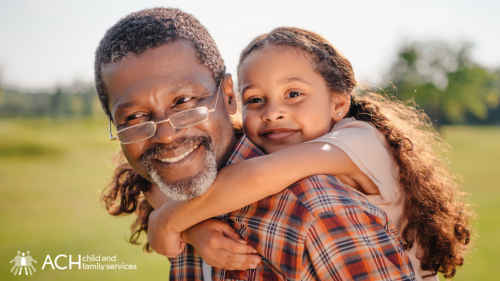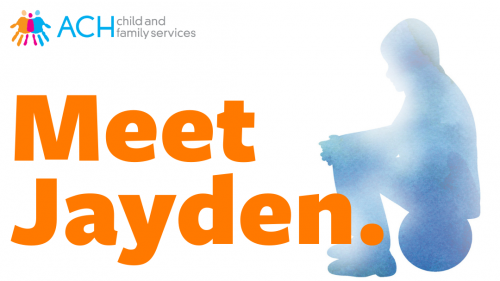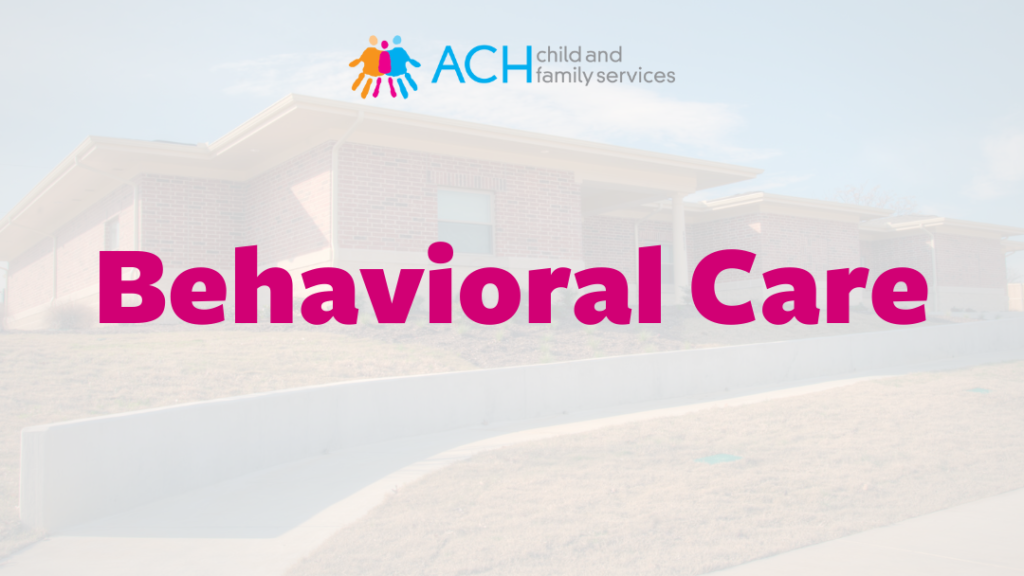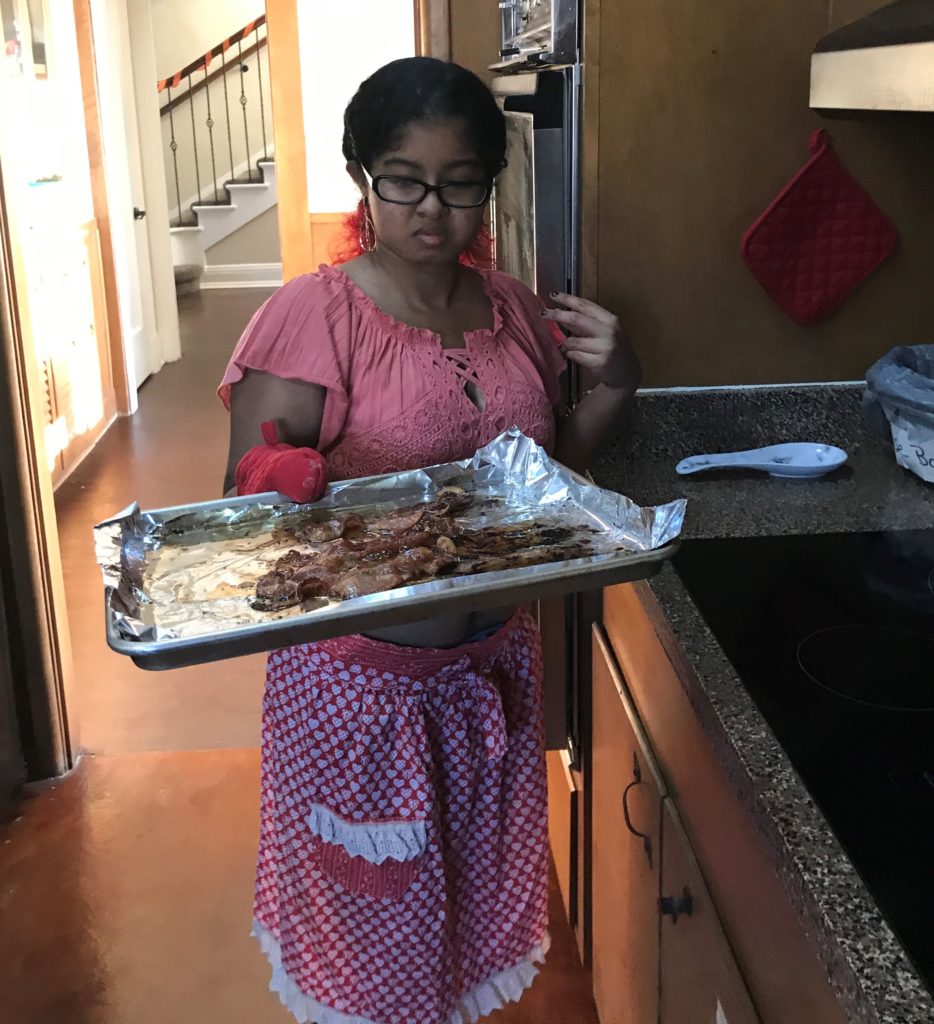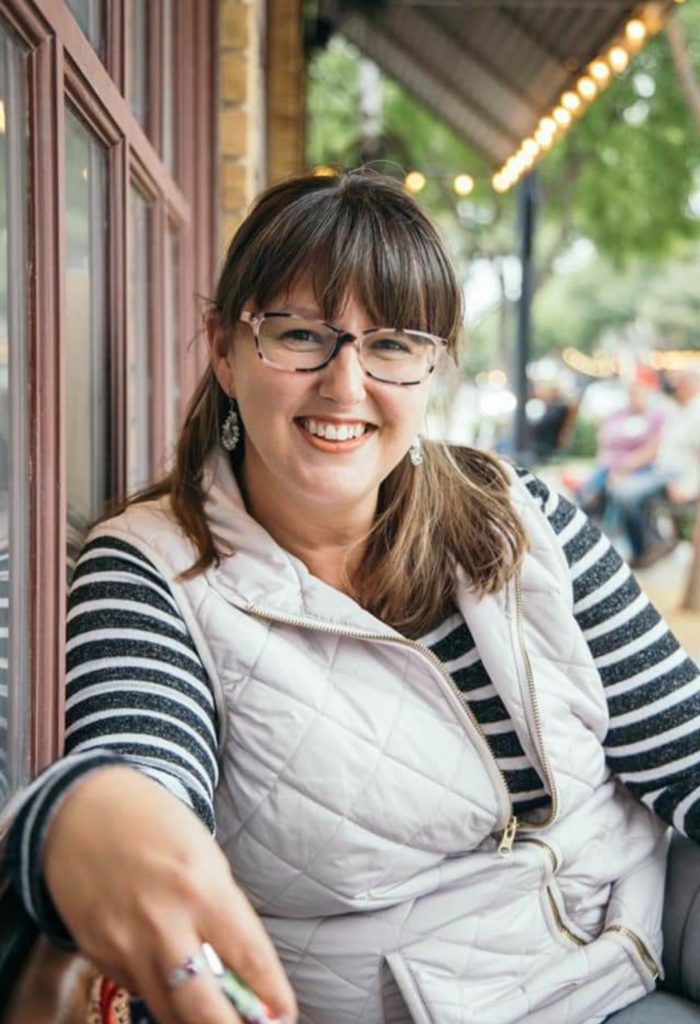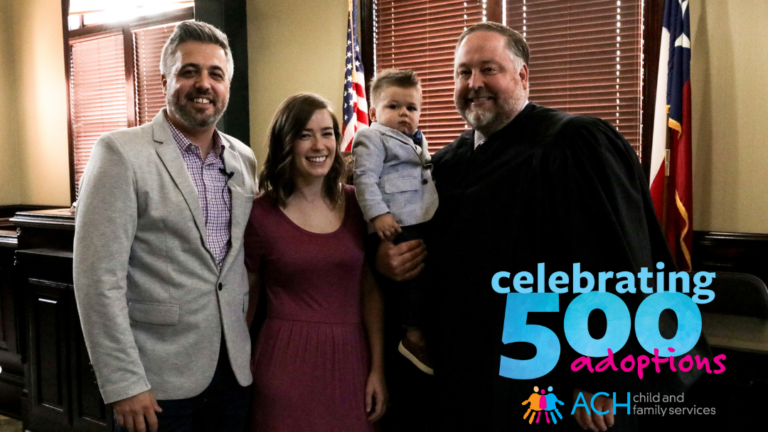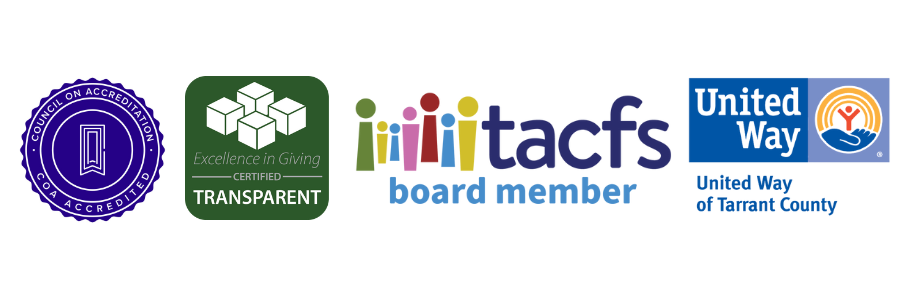When James was 17 years old, his father was struggling to care for him at home. His father became disengaged and was ready for James to start living on his own. James’ father dropped him off at ACH’s Youth Emergency Shelter, and this devastated him.
The Pat O’Neal Youth Emergency Shelter at ACH is the only 24-hour emergency shelter in Tarrant County offering 24/7 safe shelter to runaway and homeless youth and trafficking survivors, ages 10-17.
When James first came to the shelter, he struggled with peer interactions and behavioral issues. Every day, ACH staff worked with James to build a trusting adult relationship. Over time, James started to open up to staff and began to accept their help. He became invested in his future and began to change his behaviors and outlook on life.
“James figured out that he mattered, and his future was important,” said Stephen Parker, ACH Homeless Services Program Manager. “Our relationship with James allowed us to help guide and mentor him, and together we put him on a path for success.”
James recently got accepted into ACH’s LIFE Project. LIFE is a supervised independent living (SIL) program that promotes self-confidence and self-sufficiency for young adults aging out of the foster care system and homeless young adults.
“James’ progress, change in behavior, and focus was outstanding and exactly why we do this type of work,” said Stephen.
Many of the youth in ACH’s shelter share similar stories to James. They are in most need of safety and shelter, as well as trusting adults to show love and support. To learn more about the shelter, click the button below.






